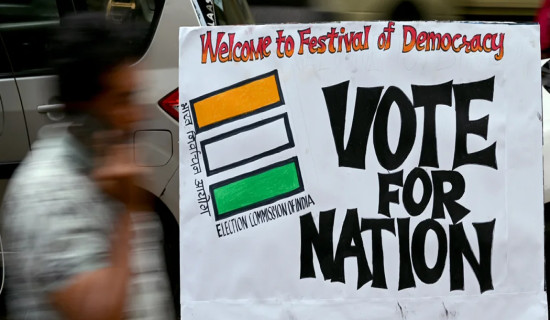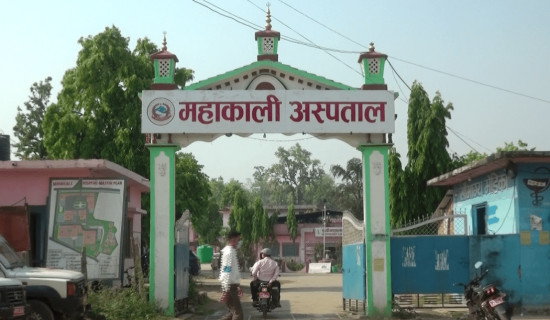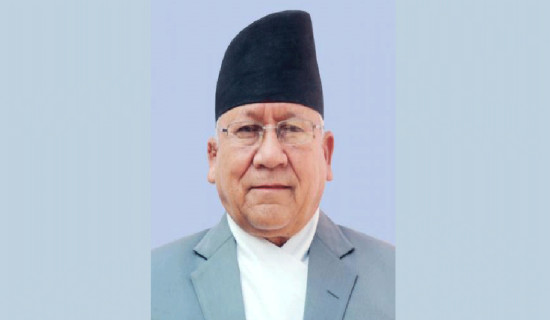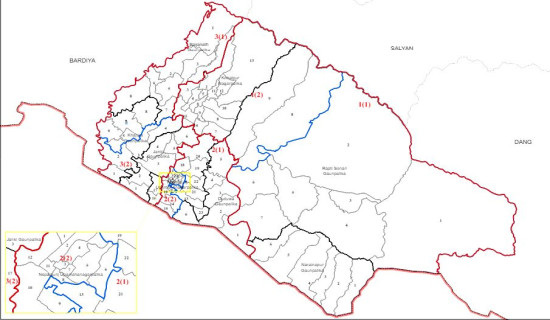- Saturday, 20 April 2024
Rise of right wing in India and Sino-Indian relations
Chen Qi and Huang Dekai
In 2014, the Bharatiya Janata Party (BJP) won the general election by a landslide with the open support and close and comprehensive cooperation of the RSS, and in 2019, the BJP led the NDA to another landslide victory. Since the BJP won the election, the Modi government has fuelled the strong rise of Hindu nationalism through a series of measures, which has gradually become dominant in the Indian political thought. Compared with the development of Hindu nationalism in previous periods, the rise of Hindu nationalism during the Modi government is more epoch-making. The return to power of the BJP, the growth of the RSS and the unprecedented growth of Hindu nationalism mean that the Indian right wing is on the rise across the board.
Indian society is now in a critical period of political and economic reform. Since the outbreak of COVID-19, faced with prominent social contradictions in India and complicated international relations, the Modi government hopes to unite the Indian people with the spirit of Hinduism and consolidate the ruling base of the Bharatiya Janata Party (BJP) through the idea of "Hindu India", which is strongly pursued by Hindu nationalism. But it is the thought of Hindu nationalism that causes India's domestic and foreign affairs to be right-leaning and its policies to be offensive.
The Indian right wing is very aggressive and tough towards China. In terms of public opinion, the Hindu right-wing forces have been "relentlessly" propagating anti-China propaganda for a long time. Indian right-wing media Organizer magazine has publicly expressed its displeasure with China. In an article titled "Defeating the Cunning Red Dragon", the editor-in-chief of the magazine called China an "expansionist monster" and suggested India to counter it with a strategy of "leading the world". The article sends out clear signals: first, the Indian right wing sees China's development as a threat; The other is to hope that the Indian government can contain China through international cooperation. The second category of policy proposals, published in the same magazine, Organizer, is more radical. Vijay Kranti suggested India's prime minister that India need to change its strategy and hit China hard in its pain points and make bold proposals on China's Tibet, Xinjiang, Inner Mongolia and Taiwan. The Industrial Protection Forum and the National Awakening Front of the National Volunteer Service both call for an economic boycott of China.
Right wing medias like Zee, ABP or TOI in India play up hate. For example, on July 29, 2021, India's "Zee News" website published a commentary openly calling China an "enemy".
On the economic front, there have been several boycotts of Chinese products in India amid Hindu nationalism, and the government of the Hindu Party has banned more than 300 Chinese apps. Impose direct or indirect restrictions on Chinese companies and investments. For example, in December 2021, the Indian government initiated a new round of anti-dumping duties on five Chinese products over a period of five years. In April of this year, the Indian government froze $750 million of assets of Xiaomi, and then targeted China's Vivo, saying that Vivo was suspected of money laundering in the process of investment in India. The Indian government decided to impose sanctions on Vivo, freezing up to 400 million yuan of assets of Vivo, and blocking 119 bank accounts of Vivo.
Militarily, in recent years, India has procured large quantities of weapons and equipment from Russia, the United States and Europe, and continued to increase its military expenditure to develop advanced weapons. For example, in 2021, India's military expenditure reached $76.6 billion. The Bharatiya Janata Party (BJP) is leading the effort to restore the vast expanse of so-called ancient India with risky policies to test China's boundaries on the border issue. For example, in June 2020, India openly made military provocations against China in the Pangong Lake area.
In terms of China's foreign policy, India sees China as the biggest obstacle to its rise, so its foreign policy is aimed at containing China everywhere. For example, it has responded negatively to China's Belt and Road Initiative. In May of this year, it joined the Indo-Pacific Economic Framework (IPEF) proposed by Biden. Although India recently has announced a temporary withdrawal from the Indo-Pacific Economic Framework (IPEF) trade negotiations, it is nothing more than a move to demand more benefits from the US to better counter China.
Geopolitically, the Modi government's strong maintenance with India in absolute influence in the region, to further strengthen the influence of Bhutan, Nepal and other countries, is very alert, and the cooperation between China and these countries will develop friendly relations with neighboring countries of China as a compression space, India hype "China threat theory", and maliciousness from which stirred up. For example, they instigated China-Nepal relations by claiming that China had encroached on land in Humla County of Nepal, which had a negative impact on China-Nepal relations.
As for China's domestic affairs, India's stance on relevant issues is vague and uncertain. It has neither formally given up nor is willing to reaffirm the "One China" principle, which shows India's consistent "delicate calculation" in diplomacy, in order to achieve the "triple balance" between China and the United States, both sides of the Straits and China.
Indian right wing will continue to slow down Sino-Indian relations. The Bharatiya Janata Party (BJP) has been relatively moderating in its attitude and strategy towards China-related issues, and even occasionally released goodwill, but it has all been done on the premise of satisfying India's national interests. Dominated by narrow and extreme Hindu nationalism, the Bharatiya Janata Party (BJP) has always been biased against the rise of China and wrongly regards China as an obstacle to India becoming a world power. Therefore, India's policy towards China cannot be changed for the better in an instant. Moreover, the Indian right wing has infiltrated every aspect of India's domestic and foreign affairs, and is bound to exert pressure on the Bharatiya Janata Party (BJP) in various ways and stir up new frictions in more areas, which will continue to slow down Sino-Indian relations. However, the Indian government is also aware of its own reality: India's economy is more dependent on China than expected, its development cannot be separated from China, and it is impossible to completely separate the relationship with China. Therefore, for its own interests, India will develop relations with relevant parties in China.
In a video symposium celebrating the 72nd anniversary of the founding of the People's Republic of China, Chinese Ambassador to India Sun Weidong pointed out that the harmonious coexistence and cooperation between China and India not only concerns the future and well-being of two-fifths of the world's population, but also is of great significance to Asia and the whole world. Therefore, it is necessary for India to make a change and work hand in hand with China to put the relationship back on track.
(Chen & Huang are Scholars of Yibin
Vocational & Technical College, Supported by center for trans-Himalaya
studies, LeShan Normal University)





-square-thumb.jpg)



copy-original-thumb.jpg)




